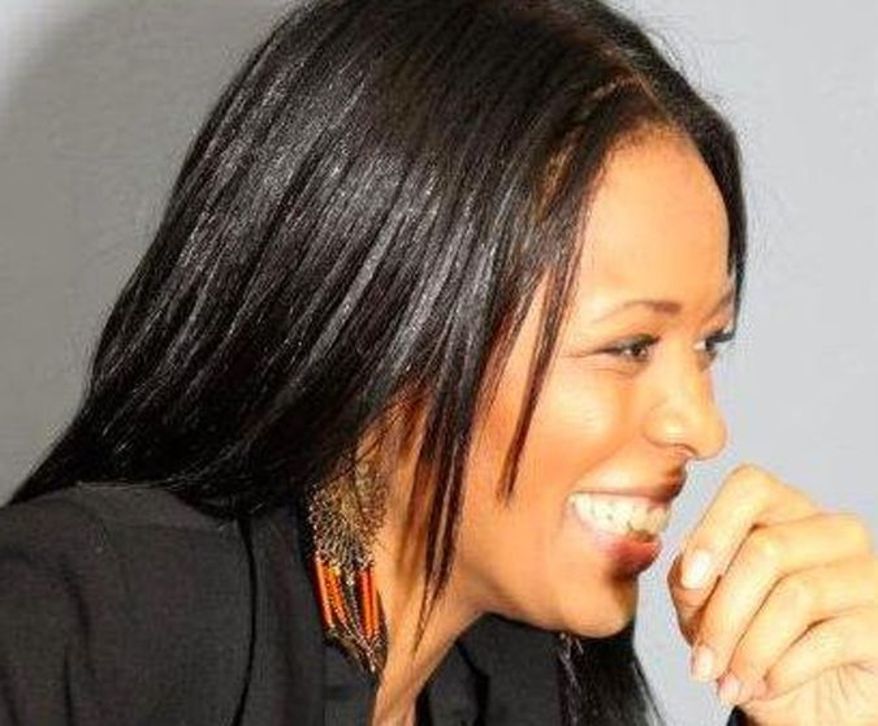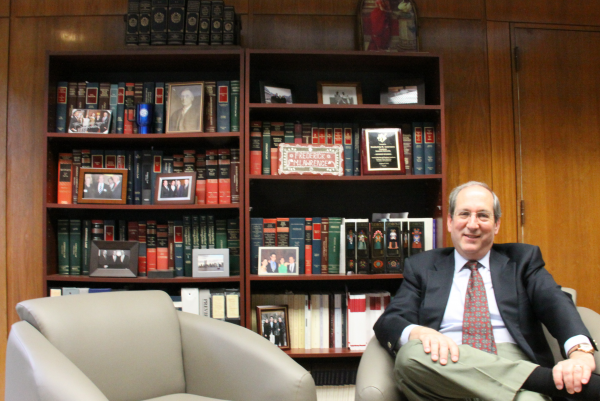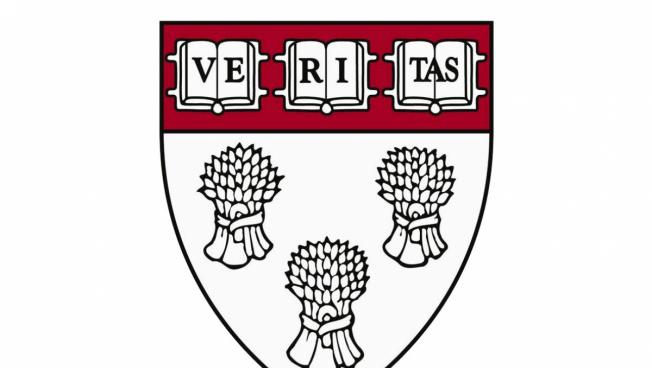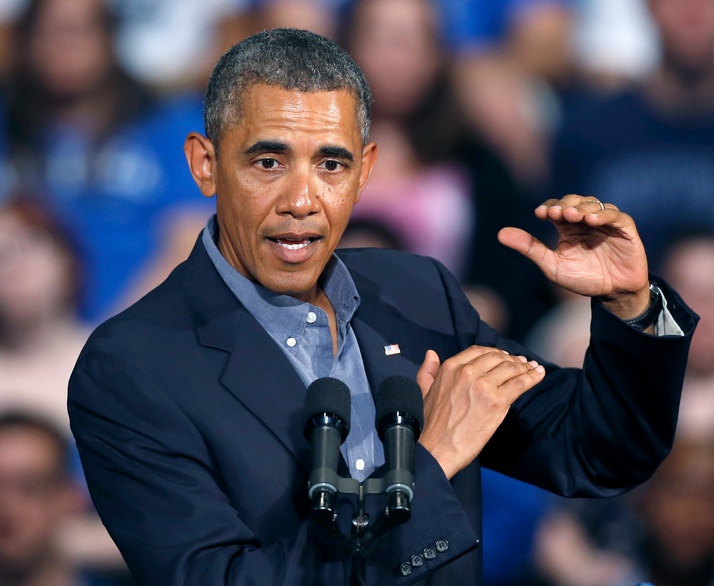access
 In the middle of graduation season, a free speech debate is playing out online - and on campus - at New England's largest university. Racially charged tweets from an incoming Boston University professor are raising questions about whether public academics should have the right to share their private opinions on social media.
In the middle of graduation season, a free speech debate is playing out online - and on campus - at New England's largest university. Racially charged tweets from an incoming Boston University professor are raising questions about whether public academics should have the right to share their private opinions on social media.
On Wednesday, the Senate voted against a bill filed by Sen. Elizabeth Warren, D-Mass., that would allow college graduates to refinance their outstanding student loans at lower interest rates.
Despite the public outcry about mounting student loan debt, Republican leaders widely dismissed the measure as a progressive political stunt during an election year because it called for a new tax on millionaires and billionaires to cover the cost.
At a time when research shows that academic advising is a key to helping college students graduate on time, most say they aren’t getting it.
Sixty percent of students say someone other than an academic advisor is a primary source of information about their schoolwork. About a third of freshmen and 18 percent of seniors rely on friends and family, and another 18 percent on faculty who are not assigned as their advisors.

Far from the city streets in Iraq and Afghanistan that are today's battlefields, a Harvard scientist is working in a sterile lab in Cambridge, simulating the impact of explosions, and trying to better understand what a blast does to a soldier's brain.
As a soldier, Army Major Kit Parker served two combat tours in Afghanistan. As a cutting-edge researcher, his work in the field of traumatic brain injury is personal.
“A friend of mine was wounded with a traumatic brain injury, and he was improperly cared for by the military," Parker said. "I got upset about this, and my frustration with my friend’s care, and some ideas that I had about brain injury, and having reviewed the literature of brain injury, I decided to get into that field.”

A week after the Supreme Court issued a ruling calling for tougher scrutiny of colleges’ race-conscious admissions policies, small liberal arts schools in New England hoping to boost their minority enrollment are worried about potential legal challenges.
Administrators are eagerly waiting to see what happens in the lower courts. Since the Supreme Court decision, schools like Brandeis University have been asking one vital question:
“Is the court really going to make the standard so hard to meet that it becomes almost impossible?” asked Brandeis president Frederick Lawrence.














